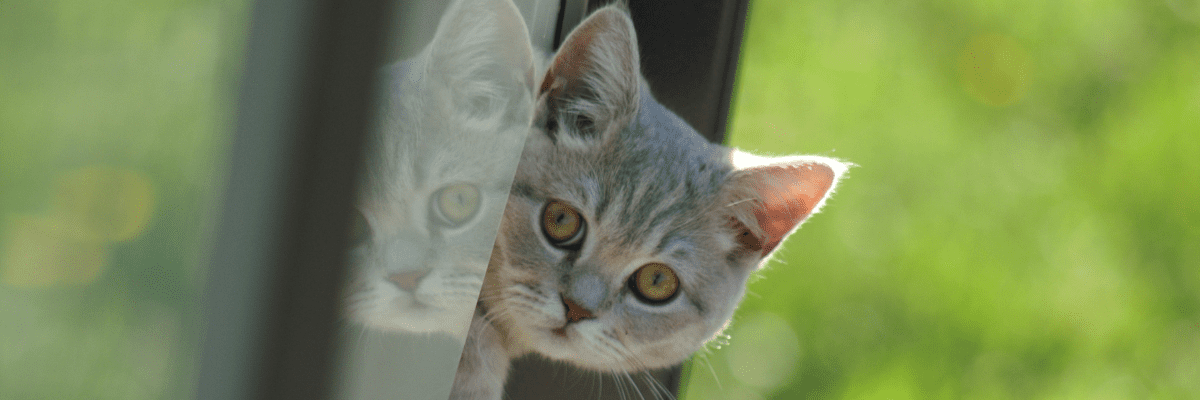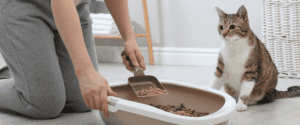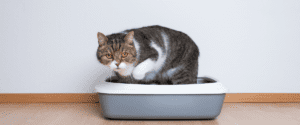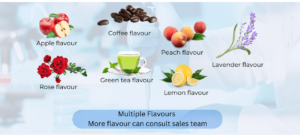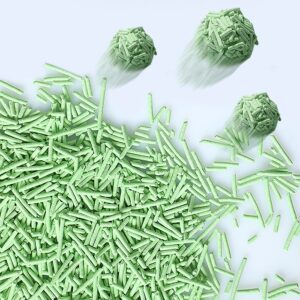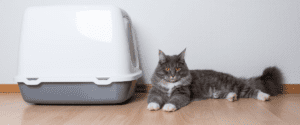The pet care industry has seen a significant shift towards sustainability in recent years, and one of the standout trends is the rise of plant-based cat litter. This shift is not just driven by eco-conscious consumers but also by wholesalers and retailers looking to meet the growing demand for environmentally friendly pet products. If you’re a wholesaler or distributor considering expanding your product range to include plant-based cat litter, you’re in the right place. This guide will explore key aspects of sourcing, pricing, and understanding the market trends related to wholesale plant-based cat litter.
Why the Shift to Plant-Based Cat Litter?
In recent years, the demand for eco-friendly products has skyrocketed, with pet care products being no exception. Plant-based cat litter, made from renewable resources such as corn, wheat, or tofu, offers a sustainable alternative to traditional clay-based litter, which is often derived from non-renewable resources. This shift is not just about sustainability; it’s about offering products that meet the demands of today’s conscientious consumers.

Plant-based cat litter is not only environmentally friendly but also offers several benefits over conventional alternatives:
- Superior Absorption: Plant-based litters are known for their high absorbency, helping to keep litter boxes dry and odor-free for longer periods.
- Low Dust: Many plant-based litters produce less dust, making them a better choice for both pets and owners with respiratory sensitivities.
- Biodegradable: Unlike clay-based litter, which can take centuries to break down, plant-based options are typically biodegradable and can be composted.
- Lightweight: Many plant-based options are lighter than traditional clays, making them easier for customers to handle and dispose of.
Understanding the Wholesale Market for Plant-Based Cat Litter
As demand for plant-based cat litter grows, so does the need for wholesalers to supply it to retailers and distributors. The wholesale market for eco-friendly cat litter is booming, with numerous options available at varying price points.

Key Players in the Market
Some of the leading manufacturers of plant-based cat litter are focusing heavily on innovation, offering unique formulations that combine different plant-based ingredients like corn, wheat, and tofu. Major suppliers in the industry include:
- Snappy Scooper (Website: snappyscooper.com): Specializes in plant-based, eco-friendly litter options, including tofu-based cat litter, which is gaining popularity among environmentally conscious consumers.
- World’s Best Cat Litter: Known for its corn-based litter, a product that promises superior clumping ability and long-lasting odor control.
- Ökocat: This brand offers wood-based cat litter that is biodegradable and highly absorbent.
Wholesale Pricing Trends
Pricing for plant-based cat litter can vary significantly based on the type of material, the packaging, and the brand. As a wholesaler, it’s essential to find a supplier that offers competitive pricing without compromising on product quality. On average, wholesale prices for plant-based cat litter range from $1.50 to $3.50 per kilogram, depending on the product’s features and materials.
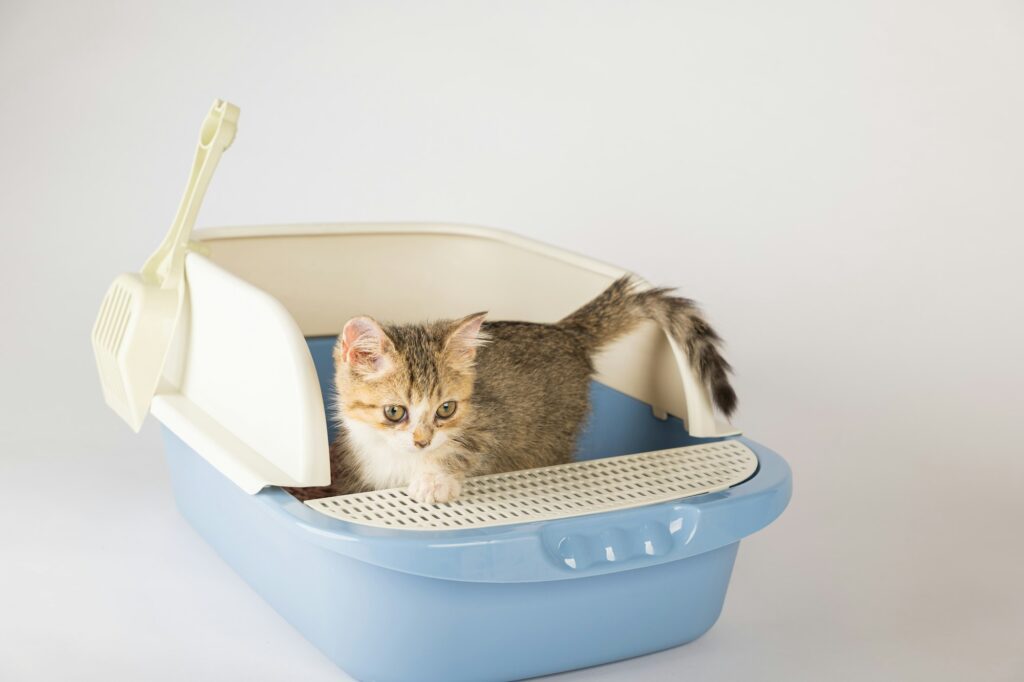
Prices also vary depending on whether you’re purchasing in bulk or smaller quantities. For example:
- Bulk Orders: If you’re ordering in larger volumes, you can typically negotiate a better price, with discounts potentially ranging from 10% to 20% for large-scale purchases.
- Private Label Orders: For wholesalers looking to sell under their own brand, private labeling is a common option, but it usually comes with higher costs due to the customization involved.
Key Features to Consider When Sourcing Plant-Based Cat Litter
When choosing a supplier for plant-based cat litter, there are several factors you should keep in mind to ensure you’re offering a top-quality product to your customers:

1. Absorbency:
The primary function of cat litter is to absorb moisture. The higher the absorbency, the better the product will perform. Make sure to review product specifications and test samples to verify this feature.
2. Odor Control:
An effective plant-based litter should provide excellent odor control, keeping litter boxes fresh for extended periods. Some brands enhance their litter with natural ingredients like activated charcoal or herbs to help neutralize odors.
3. Clumping Ability:
Clumping litters are often preferred by customers for easier cleaning. Make sure to assess how well the product clumps and holds its shape when wet.

4. Biodegradability and Composting:
If sustainability is a top priority for your target audience, look for litters that are fully biodegradable or compostable, making them a more eco-friendly choice.
5. Dust-Free and Low Tracking:
Products that generate less dust are more suitable for homes with allergies or respiratory sensitivities. Additionally, litters that minimize tracking will help customers avoid litter spread throughout their homes.
6. Packaging:
Eco-friendly packaging options, such as recyclable bags, are also important for many consumers. Make sure your supplier offers packaging that aligns with your customers’ environmental values.
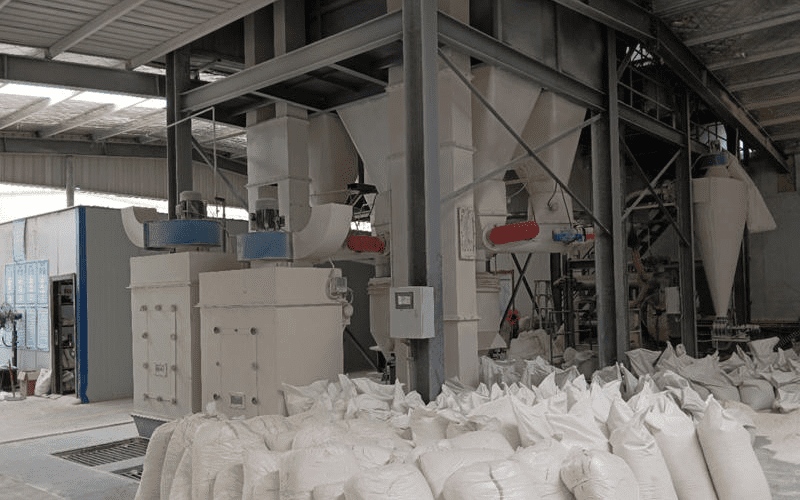
How to Start Selling Wholesale Plant-Based Cat Litter
Once you’ve decided on the right plant-based cat litter to wholesale, it’s time to start selling. Here are a few steps to get started:
1. Research Your Market
Before diving into wholesale purchases, ensure there is a demand for plant-based cat litter in your area. Research your target market, including:
- Retailers: Large supermarkets, independent pet stores, and online platforms like Amazon and eBay.
- Distributors: Contact distributors who specialize in eco-friendly or pet care products.
- OEM/ODM Opportunities: Many suppliers offer customized, private label options if you want to create your own brand of plant-based cat litter.
2. Negotiate Pricing and Terms
Once you’ve selected a supplier, it’s time to negotiate pricing, delivery terms, and payment options. Wholesale orders often come with minimum order quantities (MOQs), so make sure you understand the terms before placing an order.

3. Market Your Product
When selling plant-based cat litter, it’s crucial to market the environmental benefits of the product. Use the following tactics to attract buyers:
- Highlight the sustainability aspect of the product on your website and marketing materials.
- Create special offers or discounts for first-time buyers or bulk orders.
- Use social media and influencer marketing to spread the word about your eco-friendly products.
4. Build Relationships with Retailers
For long-term success, build solid relationships with your retail customers. Offer consistent pricing, excellent customer service, and reliable delivery schedules to keep them coming back.
Future of Plant-Based Cat Litter: Market Trends
The demand for eco-friendly products is expected to continue growing, especially in the pet care market. According to a Grand View Research report, the global market for cat litter was valued at USD 3.68 billion in 2020, with plant-based cat litter expected to grow at a CAGR of 5.4% over the next few years.
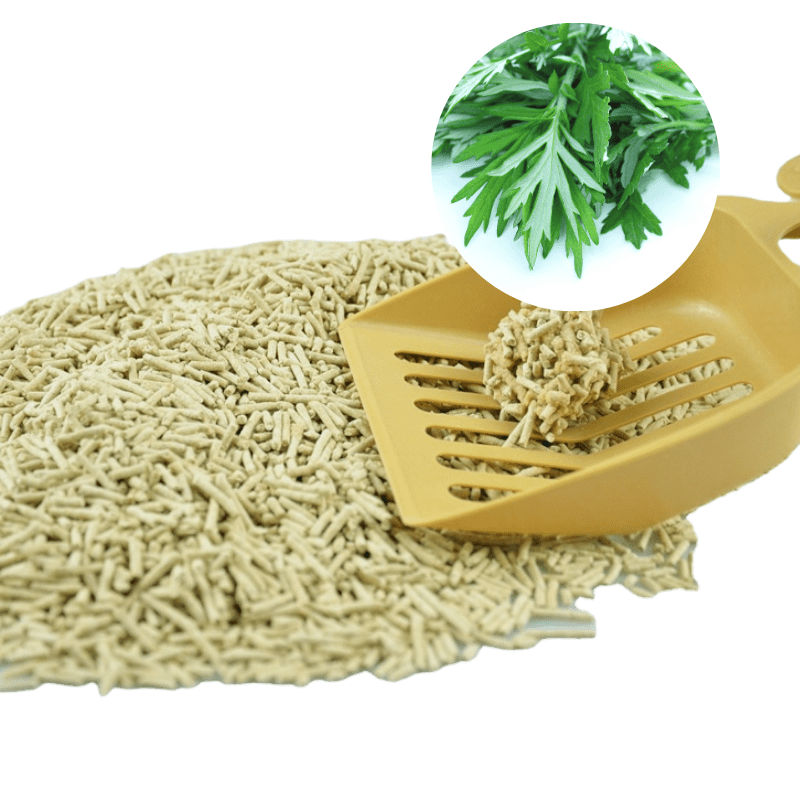
As consumers become more conscious of their environmental footprint, plant-based cat litter is set to become an even more significant player in the market. Retailers and wholesalers should be prepared to meet this growing demand by offering a variety of sustainable litter options.
Conclusion
Wholesale plant-based cat litter presents a lucrative opportunity for wholesalers looking to tap into the growing eco-friendly pet product market. By understanding sourcing, pricing, and market trends, you can offer a product that aligns with consumer values while benefiting from the increasing demand for sustainable pet care products.
If you’re ready to enter the wholesale market for plant-based cat litter, consider exploring the range of high-quality products available at Snappy Scooper.
